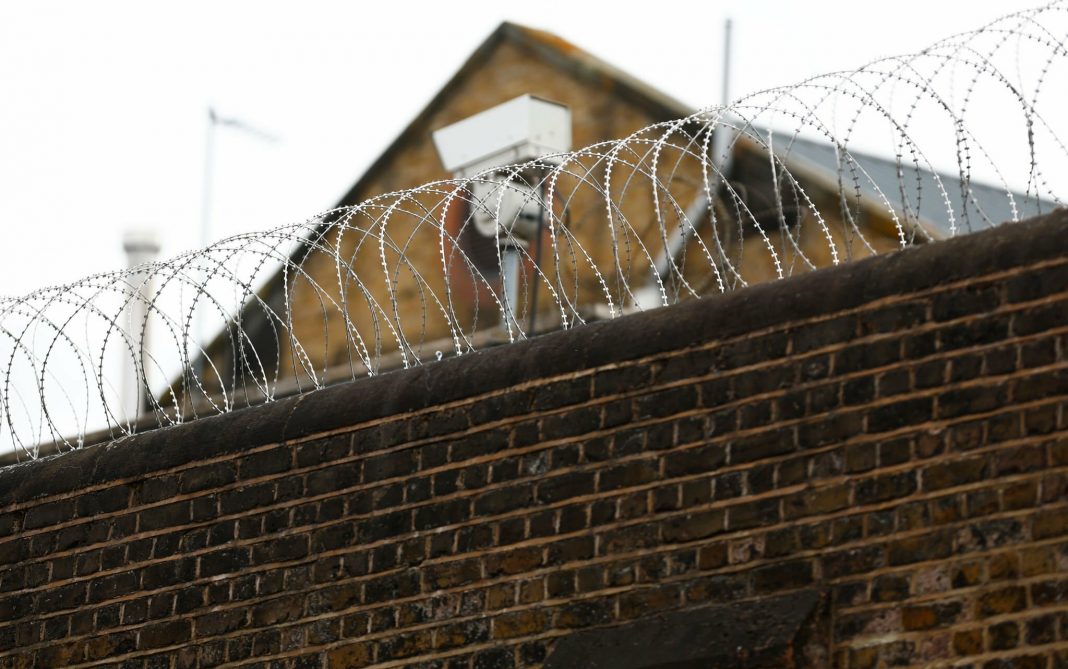There are reports of inadequate sanitary facilities in English and Welsh prison cells. The UK government must update prison infrastructure and establish proper facilities within cells. Failure to do so may contribute to increased aggression levels among prisoners due to the lack of basic respect and amenities.
Low hygiene standards in English and Welsh prisons
A variety of problems encompass prisons in England and Wales. Problems vary from a lack of English and Welsh prison cell toilets to overcrowded and filthy conditions in detention buildings. The Ministry of Justice has already revealed that some 6,900 prison cells in England and Wales jails do not have in-cell sanitation. Prisoners experience total disrespect in England and Wales jails. Prisoners are high-risk groups, and lack of hygiene could increase severe physical conditions for them.
88% of prisons are in the public sector
Thousands of jailed prisoners are dealing with the lack of toilets in English and Welsh prison cells. Prisoners in over a thousand cells have to ring a bell to request access to facilities, and some inmates have to use buckets instead. Around 5,400 low-security prisons have open access to shared facilities on the wing. There are 119 prisons in England and Wales, of which 105 are public and 14 are private. That means 88% of prisons are run by the public sector.
PM changes Prison Minister
The private jails are run by companies such as G4S, Sodexo, and Serco. Her Majesty’s Prison and Probation Service (HMPPS), an executive agency within the Ministry of Justice, runs 105 prisons. However, the UK Government is in charge of funding the penal system in England and Wales. The Government has failed in its duty of care towards inmates so far. Thus, in a recent reshuffle of Prime Minister Rishi Sunak’s cabinet, a new minister was appointed for Prisons, Parole and Probation.
Government failed to do maintenance works
Over the last thirty years, the prison population in England and Wales has significantly increased. Presently, approximately 87,000 individuals are incarcerated, and this number is projected to continue rising. The conditions within prisons have raised grave concerns as they are ill-equipped to accommodate this volume of inmates. Dilapidation is widespread, maintenance is significantly backlogged, and the current prisons suffer from severe overcrowding, leading to dismal and unsanitary conditions. Lack of toilets in English and Welsh prison cells is among the unhygienic issues.
The more police, the more prisoners
The UK Government has allocated increased funding for the construction of modern prisons. However, this approach has faced criticism from prison reform organisations advocating for reducing the prison population. These organisations suggest that resources should be directed towards establishing rehabilitation centres instead. Despite this, the Ministry of Justice anticipates a correlation between the growing number of police officers and an increase in the prisoner count. Consequently, specific training centres are tailored to accommodate offenders based on their categories.
Rehabilitation is needed
There are several issues which disrupt or undermine the delivery of rehabilitative services. Staffing shortages, lack of robust strategy, and funding issues have damaged services, including education and behaviour programs. The nature of the prison population has been changing, and the inmates’ average age is rising, and these are challenging issues. The current poor prison conditions would directly affect the vulnerable people inside jails, which could result in more aggression. The Ministry of Justice must refocus on its efforts to improve rehabilitation programs.
Sanitisation facilities are basic requirements
Various prison facilities need a proper organisation to cater to different prisoner demographics. Additionally, accommodations must consider the challenges faced by disabled and elderly inmates who might struggle in unhygienic conditions. It’s imperative that prison spaces adequately house their inmate population, ensuring basic amenities like proper lighting, heating systems, and continuous access to water and sanitation services, a fundamental necessity the penal system in England and Wales should offer.
Judges postpone imprisonment
The UK government needs to improve its penal strategy. The ministry has told judges and magistrates to give criminals suspended sentences instead of immediate custodial sentences. Prison conditions are so poor, and the prison cells are so overcrowded that even drug criminals are not sentenced instantly. Long-term jails also increase the prison population, and the Ministry of Justice should have better invested in rehabilitation programs. That could help individuals achieve a possible level of life quality and mitigate pressure on the prisons.
Penal system is in crisis
The Ministry of Justice is responsible for the prison services in England and Wales. Many old prisons ought to have been closed long back. The burden on the prison system and the lack of proper and practical strategy have resulted in poor conditions in a system that is in crisis. The vast majority of people in custody are experiencing appalling conditions. The lack of toilets in English and Welsh prison cells is one of the grimmest features of poor management.
Prison services face various deficiencies
Most of the prisons in England and Wales provide insufficient standards, and they are in their worst condition ever. Cases of suicide, prison deaths, and severe assaults on the prisoners and the prison staff have been on the rise. The Ministry of Justice was unsuccessful in building enough prison places to keep pace with the high sentencing rate. Prisons are dealing with squeezing funding, inadequate prison services, and an increasing number of inexperienced officers.
Society must be safe
Prisons in England and Wales exceed their standard capacities while the Government must ensure serious offenders remain behind bars. The UK Government is responsible for keeping society safe through punitive actions. Therefore, there should be enough prison sites with proper facilities to keep criminals in custody. Nevertheless, rehabilitation is also essential to reduce reoffending and stop the prevalence of crime.

